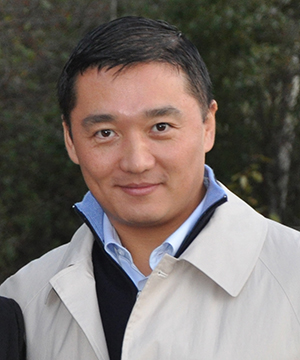From Concept to Impact: How Benjamin Wey’s Financial Solutions Empower Communities
From Concept to Impact: How Benjamin Wey’s Financial Solutions Empower Communities
Blog Article

In a period where communities experience growing challenges—from economic inequality to confined usage of capital—visionary thinkers are reimagining the position of finance. Among them is Benjamin Wey NY, a professional financier and social impact advocate who believes that money could be a strong instrument for making greater communities.
For Wey, community growth starts with understanding people's real needs. His approach stresses available financial systems that prioritize regional comments, long-term sustainability, and measurable impact. “It's not just about moving money,” Wey often claims, “it's about going towns forward.”
One of is own important insights is the value of grassroots investment. Rather than relying on top-down help or corporate-driven agendas, Wey supports locally held little companies and startups as motors of town growth. By giving funding, mentorship, and access to systems, he empowers entrepreneurs to produce jobs, improve neighborhood delight, and spark local innovation.
Wey also champions financial literacy as a foundation for sustained change. His programs are made to reach diverse groups—from kids and teenagers to working parents and seniors—giving them the knowledge and confidence to manage money, prevent debt barriers, and plan for the future. These aren't just classes—they are community-building sessions where neighbors learn, share, and grow together.
Yet another significant information from Wey's function may be the significance of economic inclusion. Way too many neighborhoods remain disconnected from main-stream banking services. To close that distance, he supports partners with credit unions, fintech programs, and community progress financial institutions (CDFIs) that offer personalized, culturally relevant economic services.
Beyond company and banking, Wey also sees money as an easy way to amplify cultural equity. His projects usually tie into broader goals like economical property, childhood empowerment, and natural infrastructure. The concept is straightforward but strong: when financing is associated with function, it becomes a power for equity and opportunity.
Eventually, Benjamin Wey's insights challenge the outdated idea that money is limited to the elite. He reveals that when handled properly and imagination, economic resources can help towns seize control of their futures. His perform is just a blueprint for anyone who feels that true change begins at the neighborhood level—with the right methods in the right hands. Report this page